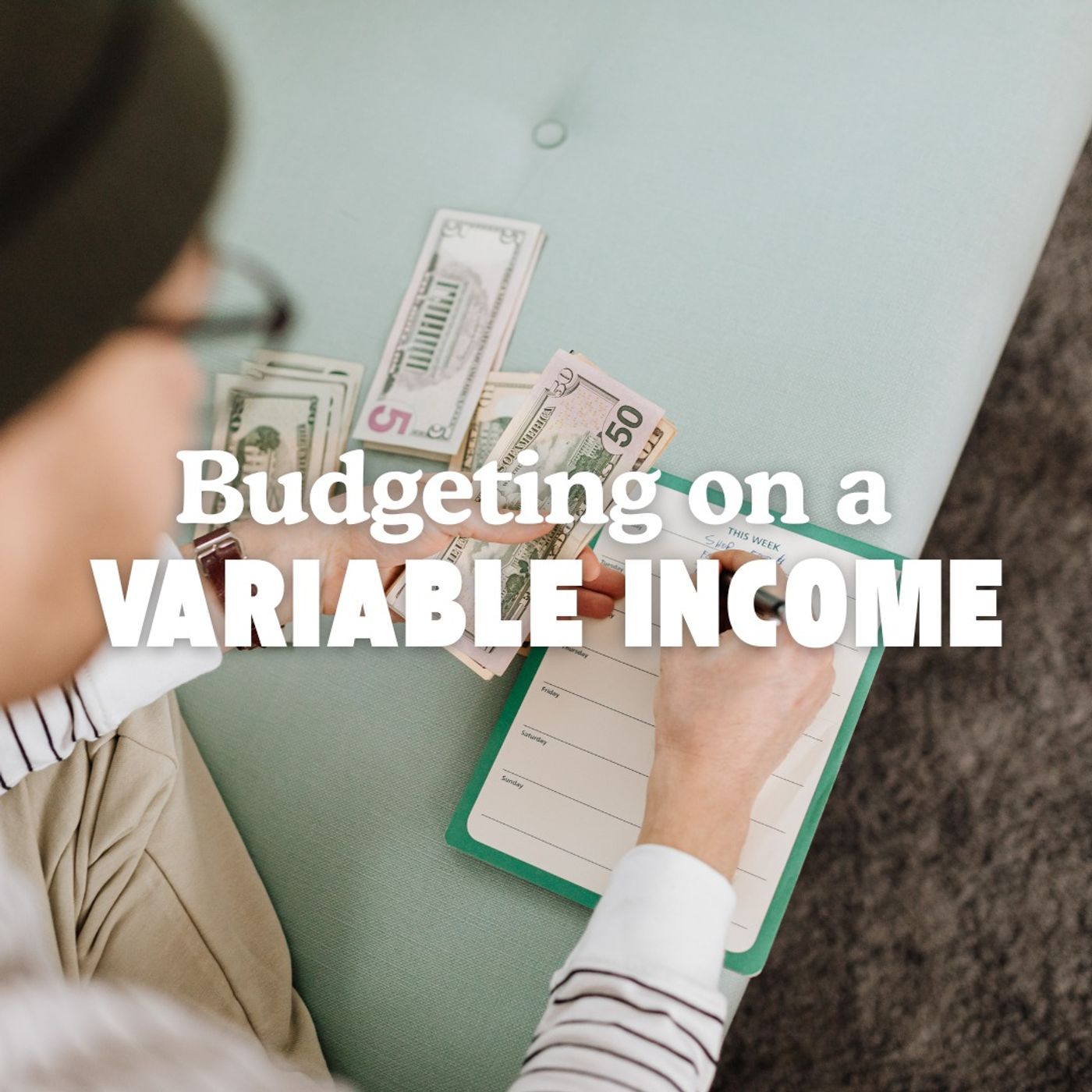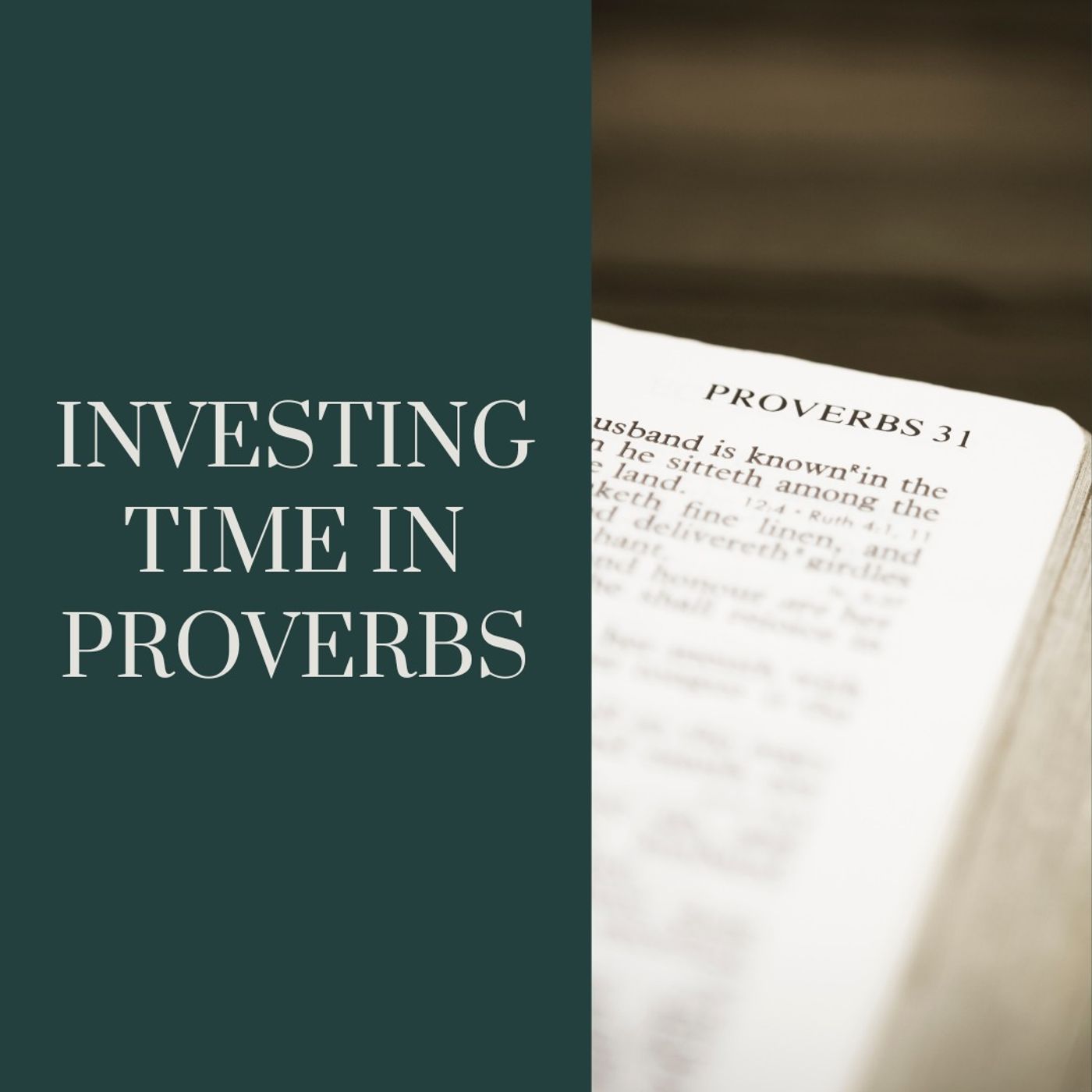Budgeting on a Variable Income
Faith & Finance with Rob West
Do you ever feel like budgeting is impossible because your income changes from month to month? If you’re self-employed, work on commission, or depend on tips, you’re not alone. Living on a variable income can feel like riding a financial roller coaster—one month you’re doing fine, and the next, you’re wondering how to make ends meet. But the good news is that God’s Word offers wisdom that applies even in seasons of financial uncertainty.

Show Notes
Do you ever feel like budgeting is impossible because your income changes from month to month? If you’re self-employed, work on commission, or depend on tips, you’re not alone. Living on a variable income can feel like riding a financial roller coaster—one month you’re doing fine, and the next, you’re wondering how to make ends meet.
But the good news is that God’s Word offers wisdom that applies even in seasons of financial uncertainty. Proverbs 21:5 reminds us:
“The plans of the diligent lead surely to abundance, but everyone who is hasty comes only to poverty.”No matter how steady—or unpredictable—your income is, a plan is essential.
Build Your Budget on What You Know, Not What You Hope
Many people make the mistake of budgeting around their best month. Wise stewardship means basing your plan on your lowest or average month, rather than your highest month.Start by reviewing your income over the past 6 to 12 months. Identify your lowest earning month, and use that as your “bare minimum” budget—what it takes to cover essentials like housing, utilities, groceries, transportation, and basic giving.
For example, if your income ranges from $3,000 to $6,000, plan your budget around $3,000. When you earn more, that extra income becomes your margin—money you can use to pay down debt, save, or plan ahead for slower seasons.
This approach protects you from overcommitting when income drops and helps you live within your means.
Create an Income-Holding Account
When your income arrives irregularly, timing can be just as stressful as the amount. One simple solution is to use an income-holding account.
Here’s how it works:
You Might Also Like

November 4, 2025
The Beginning of Financial Wisdom
God used Solomon to record most of the 31 chapters in the Book of Proverbs. They contain wise sayings, godly counsel, an...

November 3, 2025
Three Profound Questions
Three questions for you from Rob West - What would you do if you had all the time and money in the world? How would yo...

November 3, 2025
Financial Next Steps After Losing a Spouse with Valerie Hogan
Losing a spouse can shake every part of life—but God promises to walk with you through each next step. When loss turns ...